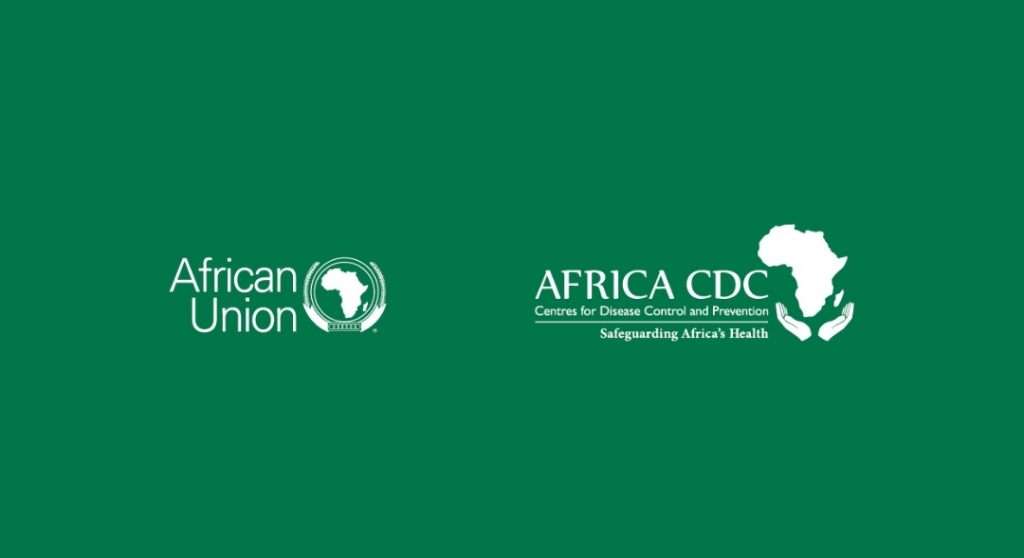The African Union’s top health authority has issued a public health emergency over the escalating mpox outbreak across the continent, characterizing the decision as a “clarion call for action.”
Jean Kaseya, who heads the Africa Centres for Disease Control and Prevention (Africa CDC), announced the emergency during a virtual press conference on Tuesday, August 13.
In a solemn address, Kaseya emphasized the gravity of the situation, stating, “I declare with a heavy heart but with an unyielding commitment to our people, to our African citizens, we declare mpox as a public health emergency of continental security.”
The declaration comes as the continent grapples with a surge in mpox cases that have crossed borders and affected thousands.
“Mpox has now crossed borders, affecting thousands across our continent, families have been torn apart, and the pain and suffering have touched every corner of our continent,” Kaseya added, highlighting the widespread impact of the outbreak.
According to Africa CDC data, as of August 4, the continent had recorded 38,465 cases of mpox and 1,456 deaths since the beginning of 2022. This alarming rise in cases underscores the urgent need for a coordinated and proactive response.
“This declaration is not merely a formality,” Kaseya stressed.
“It is a clarion call to action. It is a recognition that we can no longer afford to be reactive. We must be proactive and aggressive in our efforts to contain and eliminate this threat.”
Jean Kaseya
Mpox, which spreads through close contact, causes symptoms such as rashes, flu-like discomfort, and pus-filled lesions. While most cases are mild, the disease can be deadly, particularly for children, pregnant women, and those with weakened immune systems.
New Variant Escalates Mpox Spread in Africa
The outbreak has particularly devastated several African nations, including the Democratic Republic of Congo (DRC), where the virus was first identified in humans in 1970.

The disease, which initially spread through an endemic strain known as clade 1, has now evolved into a new variant, clade 1b, which appears to spread more easily through routine close contact.
In the past week, the Africa CDC raised alarms about the infection’s rapid spread. The agency reported that over 15,000 mpox cases and 461 deaths had been documented on the continent this year alone, marking a 160 percent increase compared to the same period last year.
The global health community is also on high alert. A milder strain of the virus spread to more than 100 countries in 2022, primarily through sexual contact, prompting the World Health Organization (WHO) to declare a public health emergency of international concern, its most severe level of alert.
Although the WHO lifted the emergency 10 months later, citing the stabilization of the situation, the emergence of a new variant has reignited concerns.
The WHO announced on Tuesday from Geneva that its emergency committee would convene on Wednesday to evaluate the spread of this new clade.
The committee will deliberate on whether the situation warrants another Public Health Emergency of International Concern (PHEIC), a designation previously used during the COVID-19 pandemic in 2020 and the earlier mpox outbreak in 2022.
As the African continent faces this growing threat, the declaration by the Africa CDC serves as a critical reminder of the importance of swift and coordinated action to safeguard public health.
The hope is that by acknowledging the severity of the situation, African nations can rally together to contain and eventually eradicate this dangerous virus.
READ ALSO: Mahama Interacts with Traders at Dededo Market (Ho West)





















